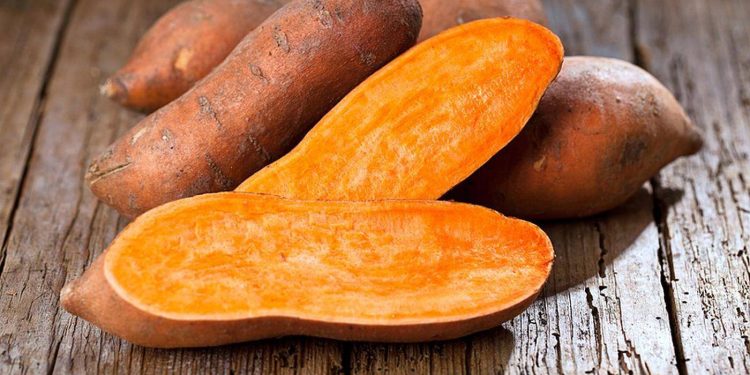Scientists Description: Sweet potato is an important crop worldwide, but it is vulnerable to a variety of viruses that can cause significant yield losses. This article will provide an overview of the viruses affecting sweet potatoes, their impact on crop production, and methods for controlling and preventing their spread. It is an essential guide for farmers, agronomists, agricultural engineers, farm owners, and scientists who work in agriculture. Sweet potato is susceptible to several viruses, including the sweet potato feathery mottle virus (SPFMV), sweet potato chlorotic stunt virus (SPCSV), and sweet potato mild mottle virus (SPMMV). According to the latest data from the International Potato Center, these viruses can cause up to 80 percent yield losses if not managed properly. They are often spread by insects, such as whiteflies and aphids, and can also be transmitted through infected planting material. To prevent the spread of these viruses, it is crucial to use disease-free planting material and practice proper sanitation measures, such as removing infected plants and cleaning tools between uses. Farmers should also use insecticides to control insect populations that can spread the viruses. Another method for managing sweet potato viruses is to use resistant varieties. Scientists have developed sweet potato varieties that are resistant to some of the most common viruses, such as the Beauregard variety, which is resistant to SPCSV. Planting these varieties can help reduce the risk of infection and minimize yield losses. In conclusion, viruses are a significant threat to sweet potato crops and can cause substantial economic losses for farmers. Using disease-free planting material, practicing good sanitation measures, and using insecticides and resistant varieties are effective methods for controlling and preventing the spread of sweet potato viruses.
- Latest
- Trending































